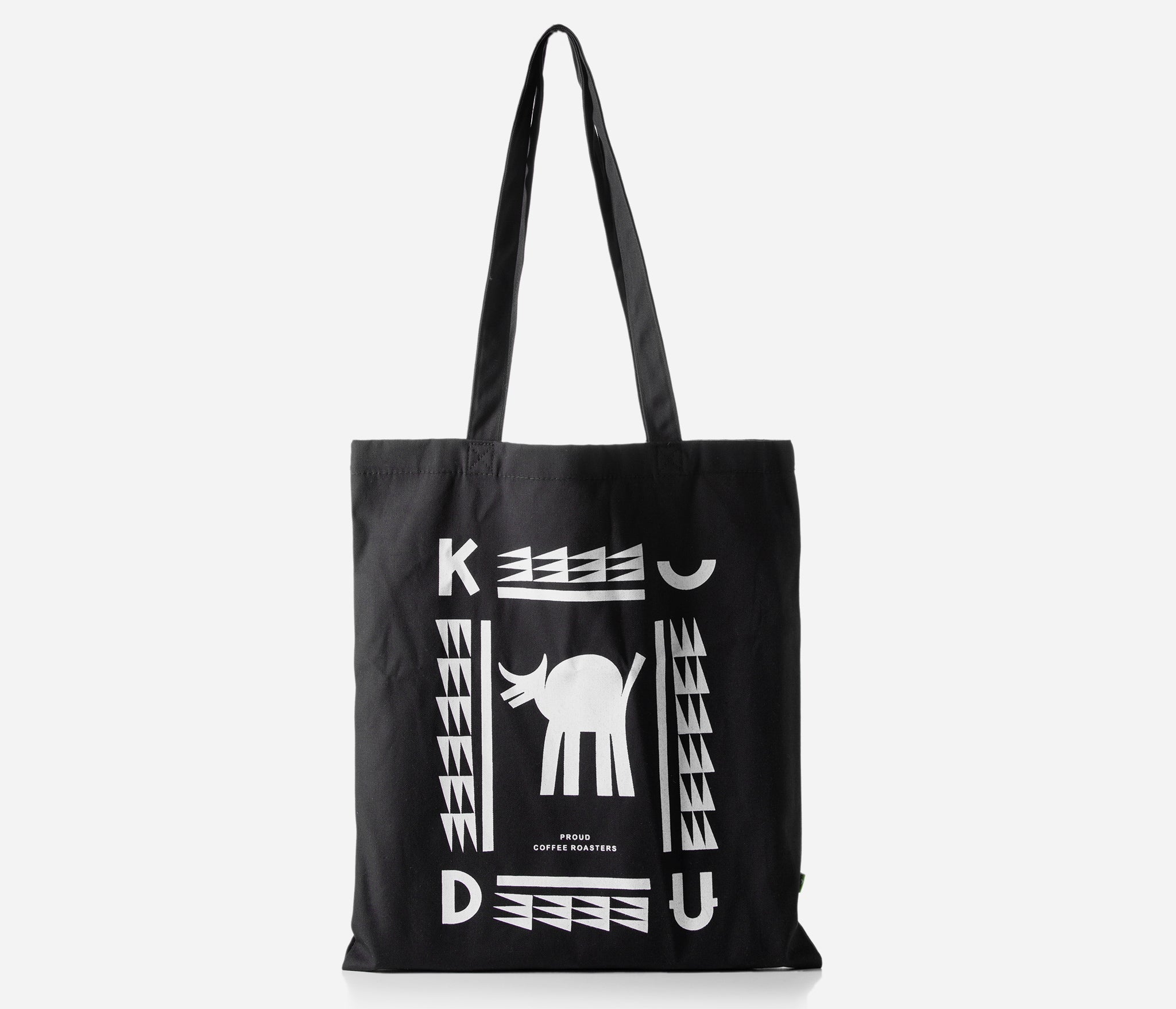Costa Rica San Gabriel (200g)
Cleanly fruit-forward, high-toned. Peach, lemon verbena, yellow plum, freesia, grapes in aroma and cup. Sweet-tart structure with bright, juicy acidity, viscous, syrupy mouthfeel. Resonant, fruit-driven finish with notes of strawberry guava, lemon verbena and white grapes far into the long
FARM: SAN GAMBRIEL
Kenya Varietal comes from plants of Sl28 brought from Kenya. These plants are partly responsible for the uniquely bright yet sweet and complex flavor of great Kenyan coffees. So, the Costa Rican ‘kenya’ seems to deliver the same thing. Kind of a mashup between classic Kenyan and Costa Rican flavors, the acidity here is more intense with silky body.
Located in Mercedes Sur, Turrubares / Puriscal ( southwest of San Jose), this micro mill processing plant ( Beneficio ) was designed, built and initiated operation in 2014. At the mill the teams dedicated to finding the perfect processing method for each of the farms and plots.



This coffee arrived to our Roastery via INTERAMERICAN COFFEE . Since 1983, InterAmerican has been supplying specialty green coffee to roasters across North America.Through their more than 50 sister companies in 26 countries, as well as through old and new relationships that they consistently seek out, nurture and forge, they source and import some of the world’s best coffees. These include certified Organic, Fair Trade and Rainforest Alliance coffees, quality and price options from traceable blend components to unique small-lot offerings, and coffees through special projects designed to improve both cup quality and the lives and futures of coffee growers and producers.
About San Gabriel
TERROIR:West Valley
ALTITUDE:1500 m
PROCESS:Natural Anaerobic
ARRIVED IN:30kg boxes
VARIETIES:Sl28
AROMA:Peach
FLAVOR:Yellow plum, lemon zest, grapes
BODY:Smooth
FINISH:Grapefruit
Region West Valley
The West Valley, or Valle Occidental, seems to have been created especially for coffee growing. Its altitudes of 800–1400 meters above sea level, humidity consistently near 81%, and an average temperature of 21°C are all factors that promote a plentiful, healthy crop. Valle Occidental typically experiences rain for about 160 days each year. The start of the dry season in November coincides with the beginning of the coffee harvest, which continues until February, often with a festive atmosphere during the Christmas holidays. Most local growers have small plantations and use sustainable agriculture and processing methods. All of these factors, from the climate to the producers, come together to produce Arabica beans with the balanced acidity and body for which West Valley coffee is world famous.



